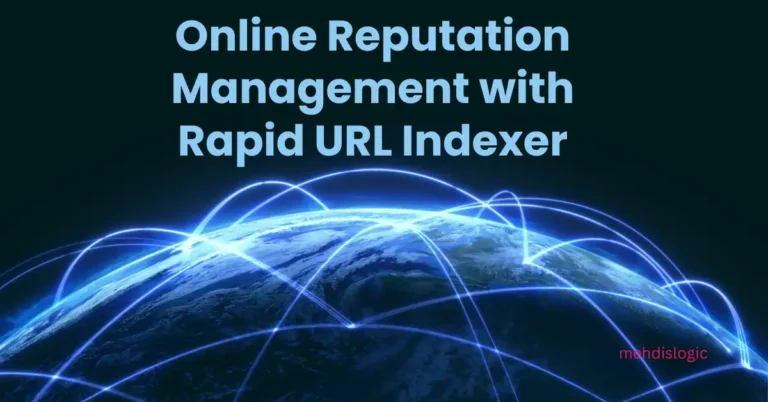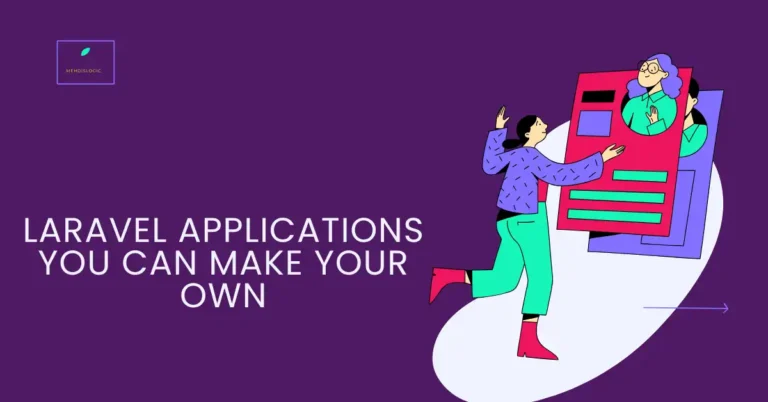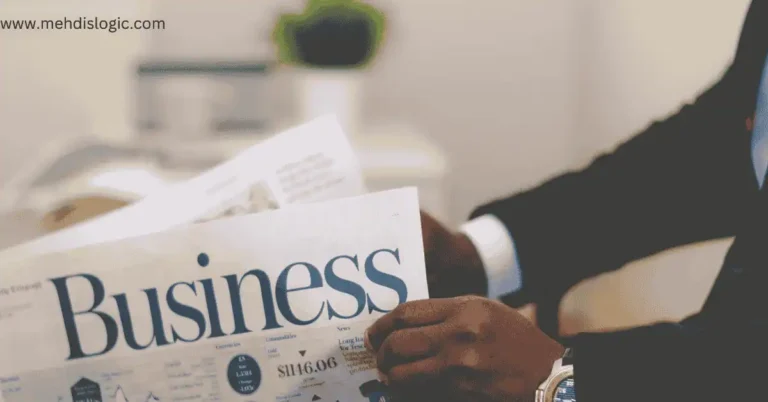Why Is Personal Finance Dependent Upon Your Behavior? The Surprising Truth
Let’s get real: your wallet doesn’t decide your spending habits—your brain does. So, why is personal finance dependent upon your behavior? Because how you think, feel, and act with money shapes your entire financial future. From impulse shopping to that “I deserve it!” mindset, our behaviors determine whether we save, invest, or splurge on a late-night Amazon haul.
But here’s the good news: once you understand the psychology behind money and behavior, you can steer your financial ship in the right direction. In this blog, we’ll explore:
- Why behaviors impact personal finance
- The role of behavioral economics
- Practical steps to outsmart your own bad habits
Ready? Let’s dive into how your brain—not your paycheck—is the real MVP of your financial success.
Table of Contents
- What Does Behavior Have to Do with Personal Finance?
- Behavioral Economics 101: Why We Spend the Way We Do
- The Psychology of Spending: How Your Mind Plays Tricks
- How Personal Behavior Influences Saving and Investing
- Common Behavioral Traps That Wreck Personal Finance
- 5 Strategies to Improve Your Financial Behavior
- Avoid Emotional Spending
- Automate Good Money Habits
- Build Financial Awareness
- Set Realistic Financial Goals
- Practice Delayed Gratification
- Relatable Stories: When Behavior Changed Finances
- The Role of Technology in Managing Behavioral Habits
- How to Reset Your Financial Mindset
- Conclusion: Your Behavior, Your Wealth
- FAQs
1. What Does Behavior Have to Do with Personal Finance?
Let’s start with the obvious question. Personal finance isn’t just about numbers—it’s about choices. Think about it: you earn money, you decide where it goes. Your behavior—not your income—determines whether you end up broke or wealthy.
Example: Two people earn the same salary. One saves 20% each month. The other splurges on avocado toast and designer coffee daily. Who’s retiring early?
It’s not rocket science—it’s behavior.
2. Behavioral Economics 101: Why We Spend the Way We Do
Ever wonder why you buy things you don’t need? Behavioral economics explains it. It’s the study of how emotions, biases, and habits impact financial decisions.
Key Concepts:
- Loss Aversion: You fear losing money more than you enjoy gaining it.
- Instant Gratification: You want rewards now, not later.
- Herd Mentality: If your friends are spending, you will too.
Understanding these triggers can help you make smarter choices.
3. The Psychology of Spending: How Your Mind Plays Tricks
Raise your hand if you’ve ever said, “I deserve this!” after a hard day. Emotional spending is a classic example of how feelings mess with finances.
Why It Happens:
- Stress leads to impulse buys (hello, retail therapy!).
- Marketing tricks us into believing we need more.
4. How Personal Behavior Influences Saving and Investing
Saving money isn’t just about budgeting; it’s about habits. Investing, on the other hand, requires discipline and patience.
Example: “Future You” needs money. Skipping one $5 latte a day could mean $1,825 saved in a year—or invested for even more growth.
5. Common Behavioral Traps That Wreck Personal Finance
- Impulse Spending: Buying without thinking.
- Lifestyle Inflation: Earning more? Spending more.
- Procrastination: Putting off saving and investing.
These habits keep you stuck in a financial rut.
6. 5 Strategies to Improve Your Financial Behavior
1. Avoid Emotional Spending
Pause before every purchase. Ask: Do I need this?
2. Automate Good Money Habits
Set up automatic transfers to savings or investments.
3. Build Financial Awareness
Track your spending for a month. You’ll be shocked.
4. Set Realistic Financial Goals
Make goals specific and actionable—like saving $5,000 in a year.
5. Practice Delayed Gratification
Want something expensive? Wait 48 hours before buying.
7. Relatable Stories: When Behavior Changed Finances
Story 1: Sarah stopped impulse shopping and saved $10,000 in a year.
Story 2: Mike automated his 401(k) contributions and built a retirement fund without noticing.
8. The Role of Technology in Managing Behavioral Habits
From budgeting apps to investment platforms, tech tools help you manage behavior:
- Mint: Tracks your spending.
- Acorns: Automates investing spare change.
9. How to Reset Your Financial Mindset
Want to fix your behavior? Start small:
- Create new habits.
- Learn from past mistakes.
- Celebrate progress, not perfection.
10. Conclusion: Your Behavior, Your Wealth
At the end of the day, your behavior determines your financial outcome. Understanding your habits and making intentional choices will put you on the path to wealth and freedom. Start small, stay consistent, and remember: you control your money—not the other way around.
FAQs
1. Why is behavior more important than income in personal finance?
Your habits decide where your money goes, regardless of how much you earn.
2. How can I stop emotional spending?
Pause before purchases and track your triggers.
3. What is behavioral economics in personal finance?
It’s the study of how psychological factors impact money decisions.
4. How do I reset my financial habits?
Start small, automate savings, and set clear goals.
5. What tools can help me manage my financial behavior?
Apps like Mint, YNAB, and Acorns make saving and budgeting easy.






